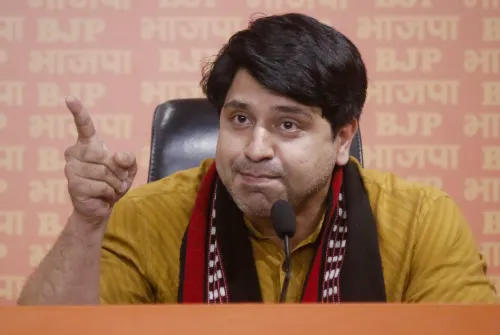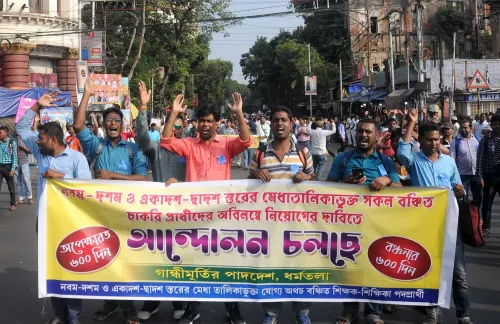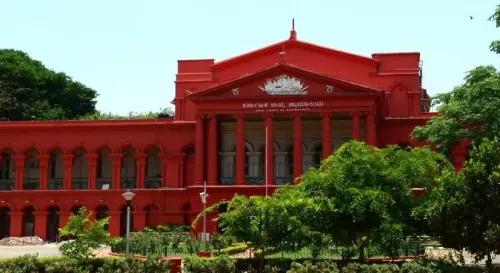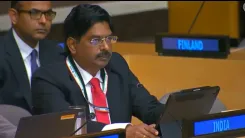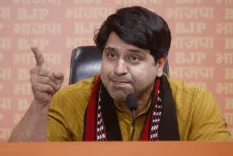Over 313,000 Businesses Empowered Through the Startup Village Entrepreneurship Programme: Government
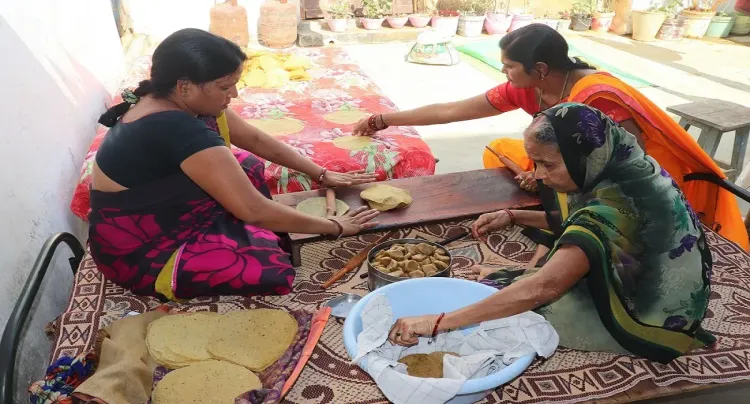
New Delhi, Dec 7 (NationPress) A total of 313,464 enterprises have been supported under the Startup Village Entrepreneurship Programme (SVEP) so far, according to government data.
The Minister of State for Rural Development, Dr Chandra Sekhar Pemmasani, stated in a written response in the Rajya Sabha that the total central share released to states and Union Territories (UTs) under the SVEP amounts to Rs 561.13 crore.
SVEP has received approval in 429 blocks across 31 states and UTs, including Puducherry. Of these, detailed project reports (DPR) have been approved for 280 blocks, and implementation of the program has commenced, as informed by the minister.
A mid-term evaluation of SVEP conducted in 2018-19 by the Quality Council of India (QCI) revealed that the program successfully met its objectives.
Approximately 82 percent of entrepreneurs in the respective blocks belong to Scheduled Caste, Scheduled Tribe, and Other Backward Class categories, while 75 percent of the enterprises are owned and managed by women.
Nearly 57 percent of the total household income is derived from the enterprises promoted under SVEP. The minister mentioned, “The average gross income of entrepreneurs exceeds the aspirational income they projected when starting their ventures.”
About 96 percent of entrepreneurs reported an increase in savings, and 70 percent stated that acquiring loans from the Community Enterprise Fund (CEF) was straightforward.
Additionally, exposure visits for these entrepreneurs are organized within various community institutions to facilitate better cross-learning.
SVEP, which is a sub-scheme under the Deendayal Antyodaya Yojana–National Rural Livelihoods Mission (DAY-NRLM), aims to assist self-help groups (SHGs) and their families in establishing small enterprises in the non-farm sector.
SVEP projects are implemented at the block level and have a duration of four years. The scheme received approval on May 6, 2015, and action plans for SVEP implementation were requested from state governments during 2015-16.

